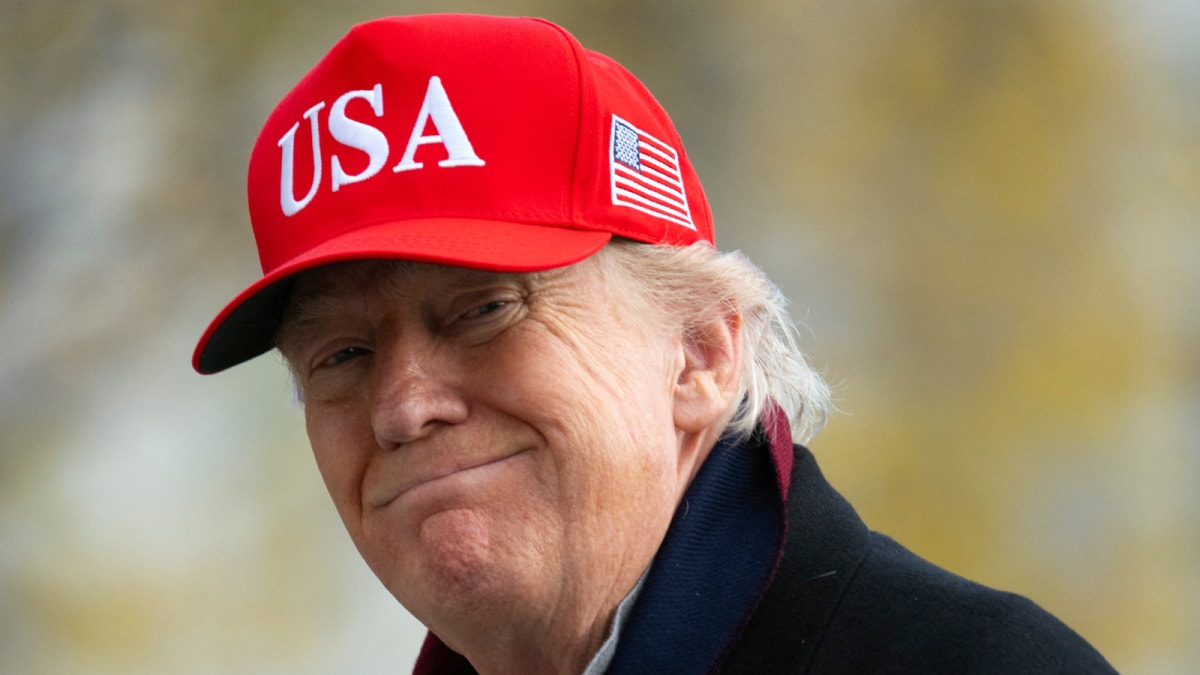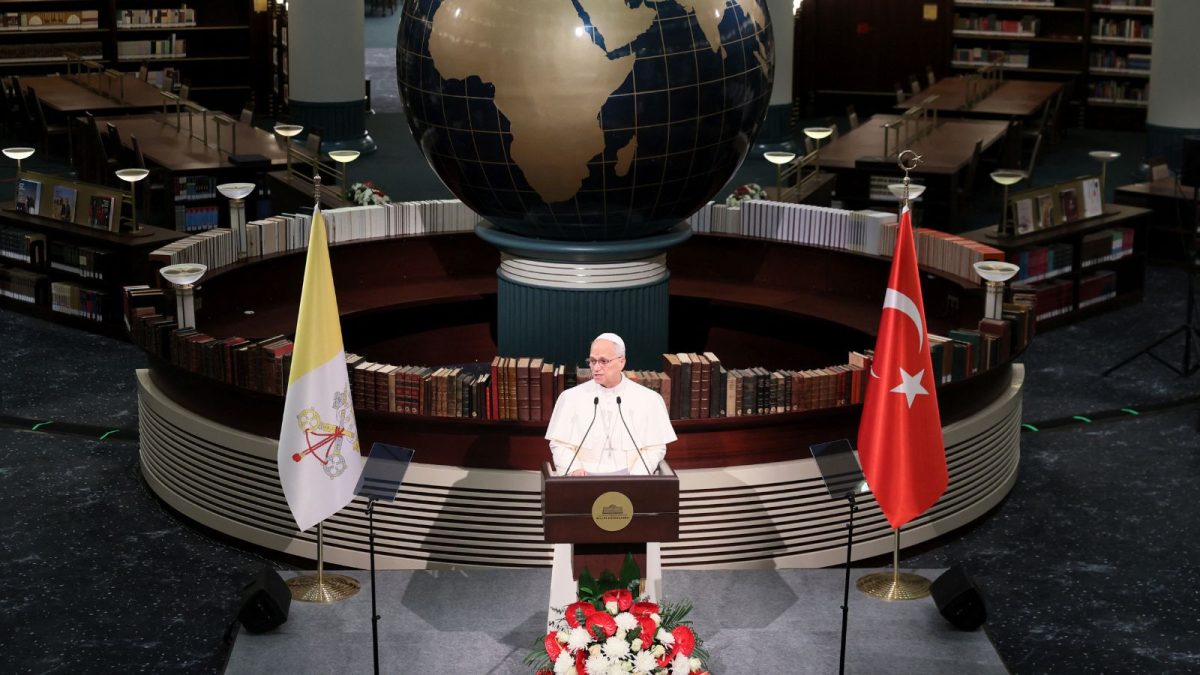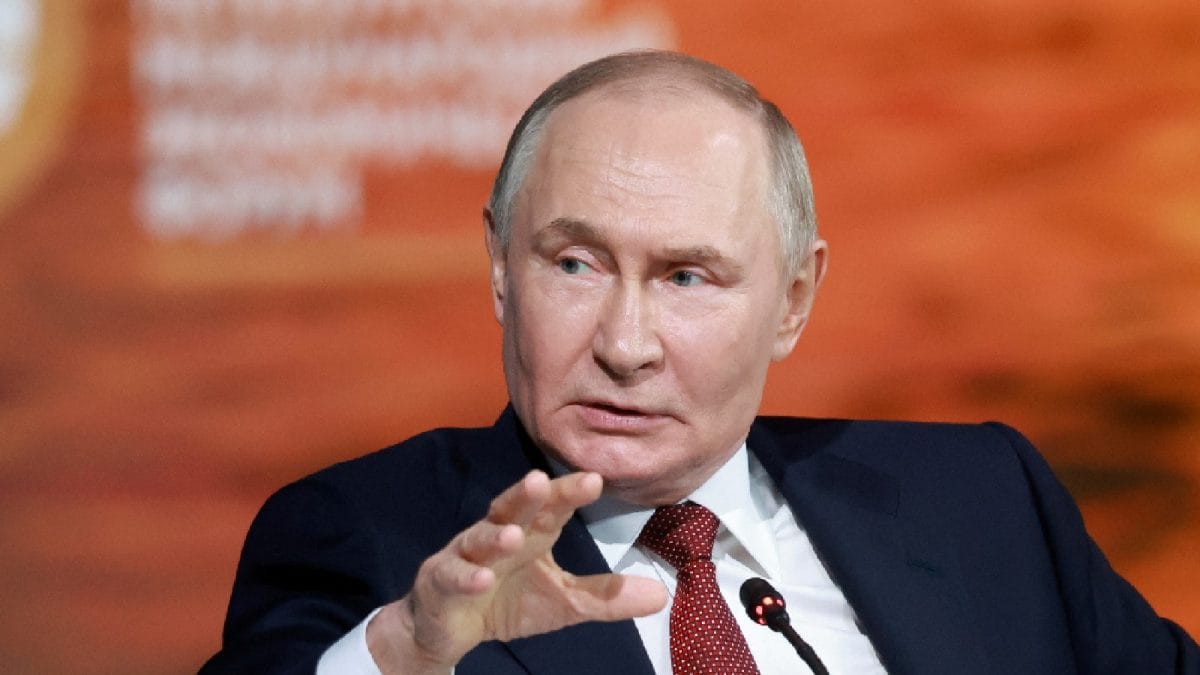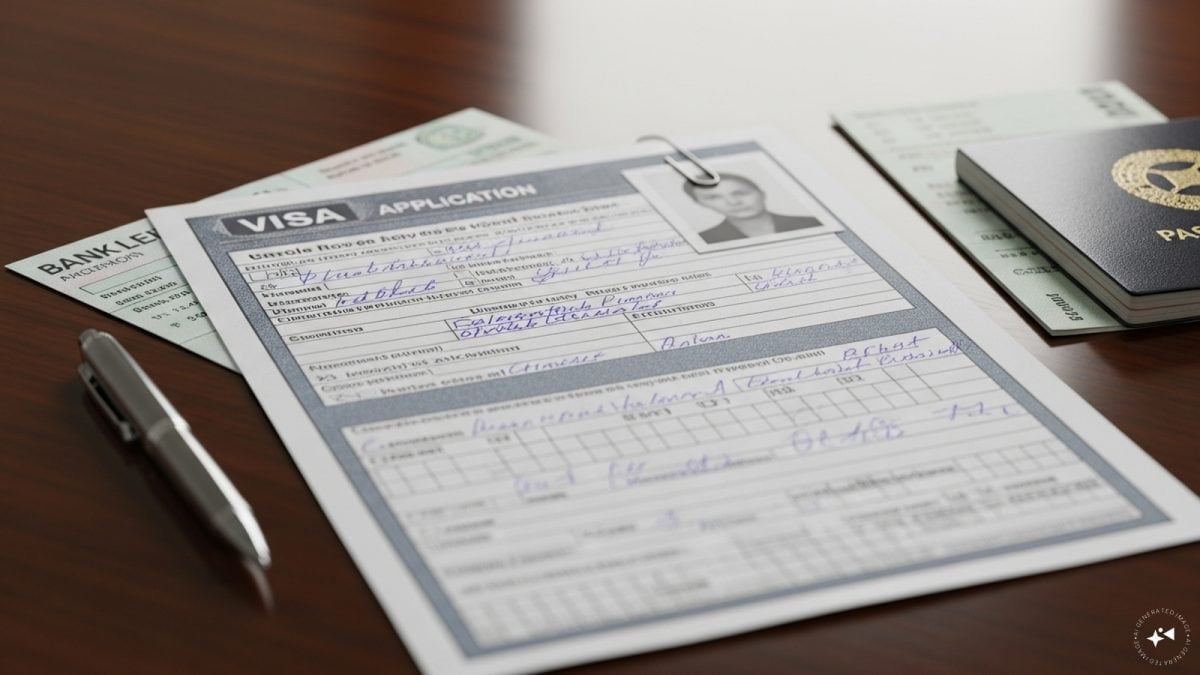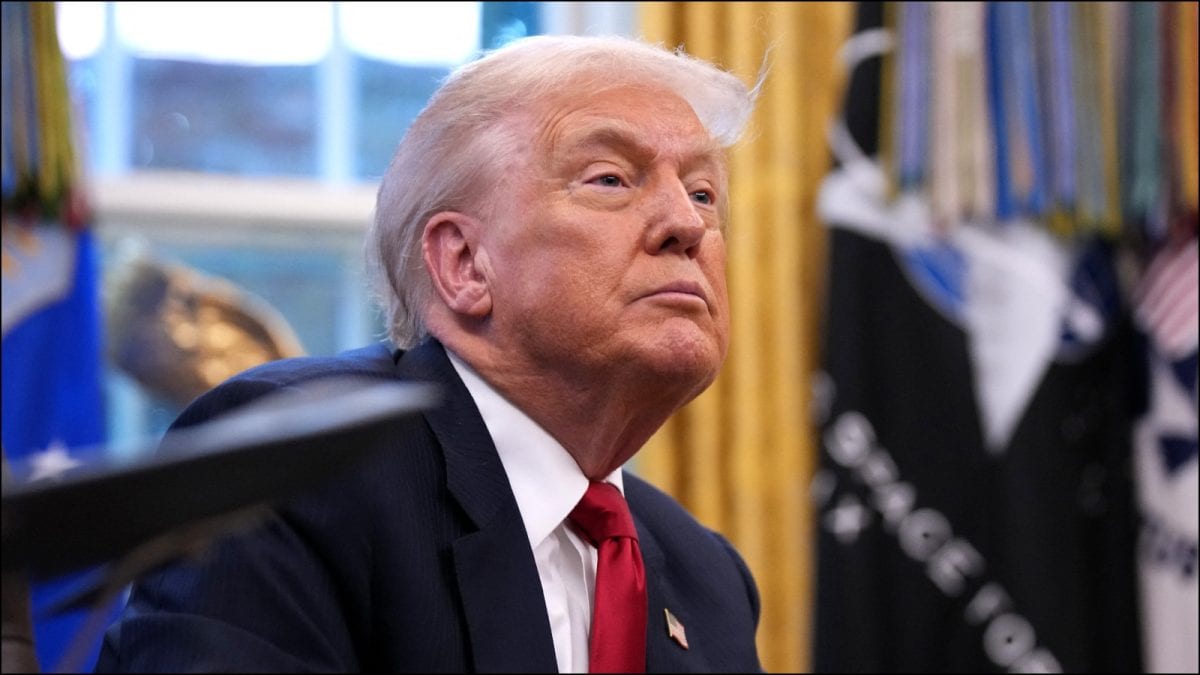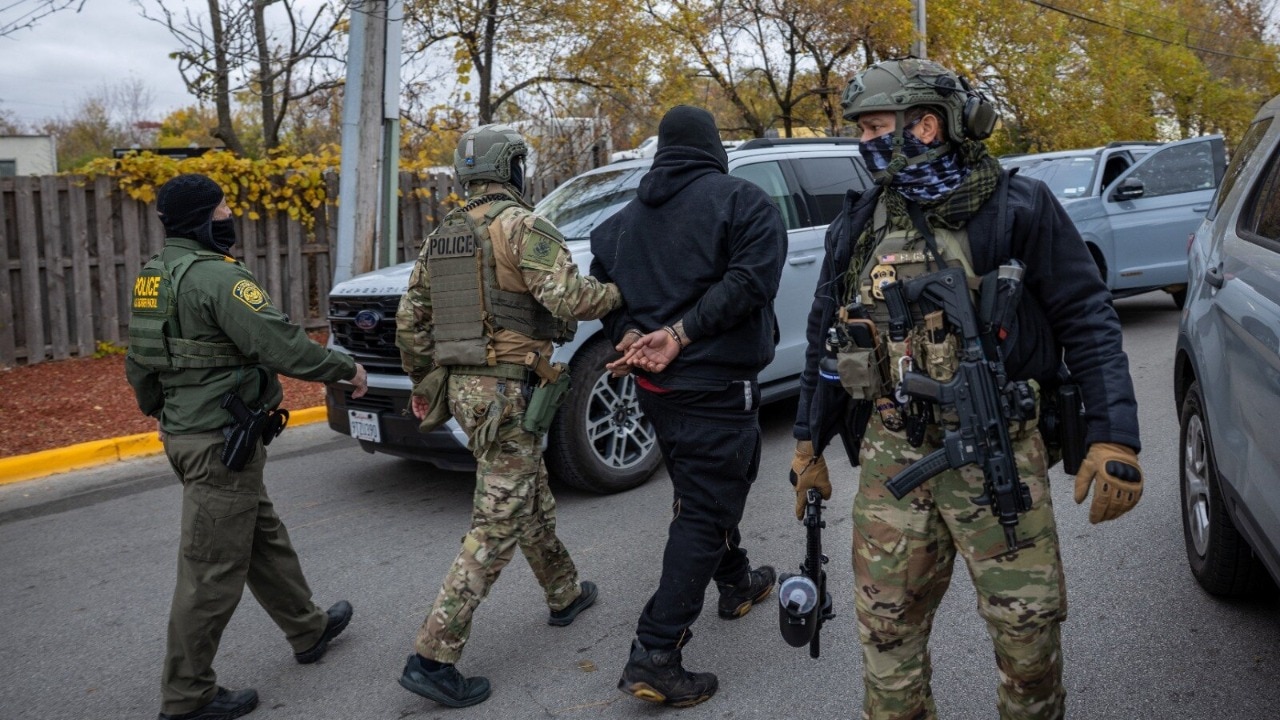From Adolf Hitler's nomination to Barack Obama's premature coronation, the Nobel Peace Prize has repeatedly crowned questionable recipients. What happens when the world's highest badge of virtue becomes a political souvenir?

Nobel Peace prize (Photo: Nobel Prize)
The Nobel Peace Prize was born of idealism. When Alfred Nobel signed his will in 1895, he envisioned honouring those who "have done the most or the best work for fraternity between nations." But over a century later, the legacy looks complicated. Behind every glittering medal lies a story of controversy, contradiction, and sometimes outright hypocrisy.
Perhaps nothing captures this better than the fact that Adolf Hitler was once nominated for the Nobel Peace Prize in 1939. His name appeared in the same conversation as world visionaries, not as satire, but as a genuine proposal from a Swedish lawmaker. Though later withdrawn, the nomination reveals the absurdity lurking within what should be humanity's highest moral honour. History's irony doesn't get much darker than that.
The problem runs deeper than one shocking nomination. In 1973, Henry Kissinger received the prize for a Vietnam ceasefire that lasted barely days. As bombs continued falling on Cambodia, two committee members resigned in protest. Le Duc Tho, Kissinger's co-recipient, refused the award outright, stating bluntly that there was no peace yet.
The 1994 Oslo Accords brought another false dawn. Yasser Arafat, Yitzhak Rabin, and Shimon Peres shared the prize for a peace process that dissolved almost immediately. The Second Intifada erupted, settlements expanded, and accusations of betrayal flew from both sides. The committee had rewarded hope instead of history.
Then came Aung San Suu Kyi, once hailed as Southeast Asia's Mandela. Her 1991 prize celebrated nonviolent resistance to Myanmar's dictatorship. Years later, as her country's army unleashed ethnic cleansing against the Rohingya minority, she denied the atrocities and defended the generals in international court. Calls to revoke her Nobel rang out worldwide, but the committee shrugged. They cannot withdraw a prize, they said.
Barack Obama's 2009 award perhaps best exemplifies the Nobel's fundamental flaw. Less than a year into his presidency, with no wars ended and no peace brokered, Obama received the prize for "extraordinary efforts to strengthen international diplomacy." Even the president seemed baffled. Years later, a committee secretary admitted the award didn't achieve what they'd hoped. Hope, it seems, makes a poor substitute for peace.
The 2025 prize to Venezuelan opposition leader Mara Corina Machado continues the pattern. Critics see it less as honouring peace and more as the committee echoing Washington's anti-Maduro stance, proving even the world's most prestigious peace prize cannot resist geopolitics.
Unlike the science prizes chosen by scholars, the Peace Prize is awarded by Norwegian politicians appointed by parliament. The nomination process remains sealed for fifty years, perfect cover for controversy. Anyone from university professors to parliamentarians can nominate candidates, explaining how names like Stalin and Mussolini have appeared over the decades.
Perhaps the real peace would come not from handing out medals, but from learning when not to. Because in the end, peace isn't a prize. It's a promise, one too often broken.
- Ends
Published By:
indiatodayglobal
Published On:
Oct 10, 2025

 1 month ago
1 month ago






